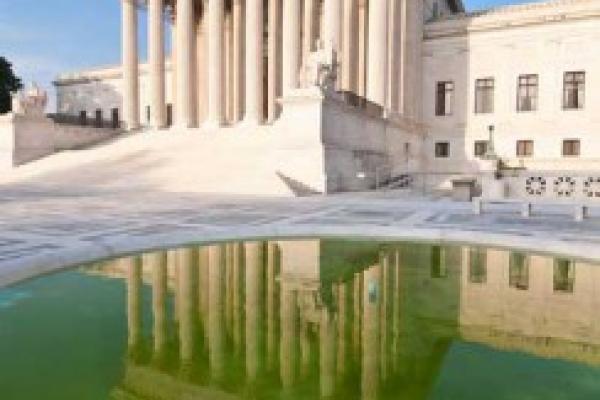WASHINGTON — In a case that could determine restrictions on expressions of faith in the public square, the Supreme Court on Wednesday will consider religious prayers that convene government meetings.
At issue in Greece v. Galloway is whether such invocations pass constitutional muster, even when government officials are not purposefully proselytizing or discriminating.
Can a town council, for example, open its meetings with prayers invoking Jesus Christ, as happened repeatedly in the town of Greece, N.Y.?
“There’s a whole lot at stake here,” said Ira Lupu, a law professor at George Washington University who specializes in the First Amendment’s religion clauses.
“This case is about first principles: whether the government of a town, acting through its town board, can advance a particular brand of Christianity or any other faith,” said Lupu.
On the other side of the question, Jeff Mateer of the Texas-based Liberty Institute invokes free speech rights and hopes the court will reason that government has no business parsing the words of those who wish to pray in a public forum.
Read the Full Article

